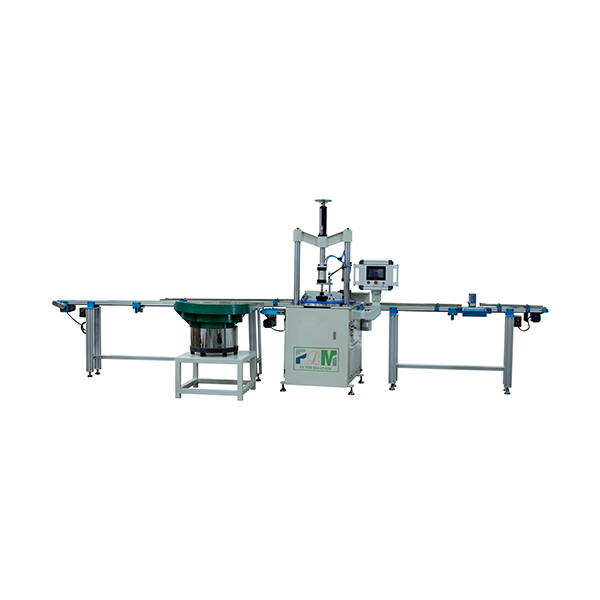Aug . 05, 2024 22:31 Back to list
CE Certification Guidelines for Bio Sponge Filters in Water Treatment Applications
CE Certification for Bio Sponge Filters A Comprehensive Overview
Bio sponge filters are essential components in various aquatic systems, including aquariums, ponds, and wastewater treatment facilities. These filters enhance water quality by providing efficient biological filtration and promoting the growth of beneficial bacteria. As the demand for environmentally friendly and efficient filtration systems increases, the significance of certifications such as CE (Conformité Européenne) has come to the forefront.
What is CE Certification?
CE certification is a European conformity mark that indicates a product's compliance with health, safety, and environmental protection standards set by the European Union (EU). This certification is mandatory for products that fall under specific EU directives, ensuring that they meet minimum safety requirements and can circulate freely within the European Economic Area (EEA).
For bio sponge filters, CE certification is crucial as it assures consumers that the product has undergone rigorous testing and meets the necessary regulations. This not only enhances consumers' confidence in the product's safety and efficacy but also ensures that manufacturers adhere to quality standards.
The Importance of Bio Sponge Filters
Bio sponge filters offer several advantages over traditional filtration systems. They provide a large surface area for beneficial bacteria to colonize, which plays a vital role in breaking down harmful waste products in water. By facilitating aeration and improving water circulation, bio sponge filters contribute to creating a healthier environment for aquatic life.
Moreover, these filters are versatile and suitable for different types of aquatic environments. Their ease of installation and maintenance makes them a preferred choice for both amateur and professional aquarists. The ability to use them in various systems, including freshwater and marine setups, further enhances their appeal.
ce certification bio sponge filter

The CE Certification Process
Achieving CE certification involves several steps, including product testing, quality control audits, and compliance with EU directives. Manufacturers must assess their products to determine which directives apply and follow the relevant harmonized standards. For bio sponge filters, key directives may include those related to mechanical safety, electrical equipment, and environmental compatibility.
Once the necessary tests are completed, manufacturers must document the results and create a technical file. This file provides evidence of compliance and includes design specifications, manufacturing processes, and performance data. After submission and approval, the product can bear the CE mark, indicating its compliance.
Benefits of CE Certification for Consumers and Manufacturers
For consumers, the CE mark acts as a guarantee of quality and safety. It provides assurance that the bio sponge filter will perform as intended and will not pose any risks to health or the environment. This is particularly important in the aquatic industry, where the health of fish and other aquatic organisms depends heavily on water quality.
For manufacturers, achieving CE certification can enhance marketability and open up opportunities within the EU market. It can also lead to greater customer trust and satisfaction. Furthermore, the process of obtaining CE certification encourages manufacturers to adopt best practices and improve the overall quality of their products.
Conclusion
In conclusion, CE certification for bio sponge filters is an integral aspect of ensuring product quality and safety in the aquatic industry. As environmental awareness continues to grow, the demand for reliable and efficient filtration systems will only increase. By prioritizing compliance with CE standards, manufacturers can not only meet market demands but also contribute to healthier aquatic ecosystems. For consumers, choosing CE-certified products ensures that they are investing in safe and effective solutions for maintaining water quality in their aquatic environments.
-
OEM PLXB-1 PU Pack Trimming Machine - High Precision, Durable, Cost-Effective Solutions
NewsJun.10,2025
-
High-Performance In Line Fan Filter Trusted In Line Fan Filter Company & Products
NewsJun.10,2025
-
High-Efficiency Water Filter Making Machine Reliable Companies & Products
NewsJun.10,2025
-
Premium Metal Fuel Filter Durable & Efficient for Engine Protection
NewsJun.10,2025
-
Premium OEM 304 Rimmed Filter Disc Custom Stainless Steel Filters
NewsJun.10,2025
-
China PP Air Filter Production Line Automated & High-Efficiency Solutions
NewsJun.10,2025
